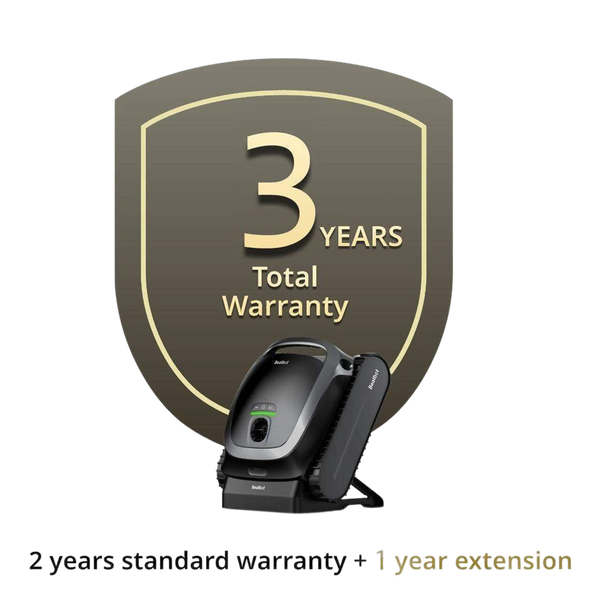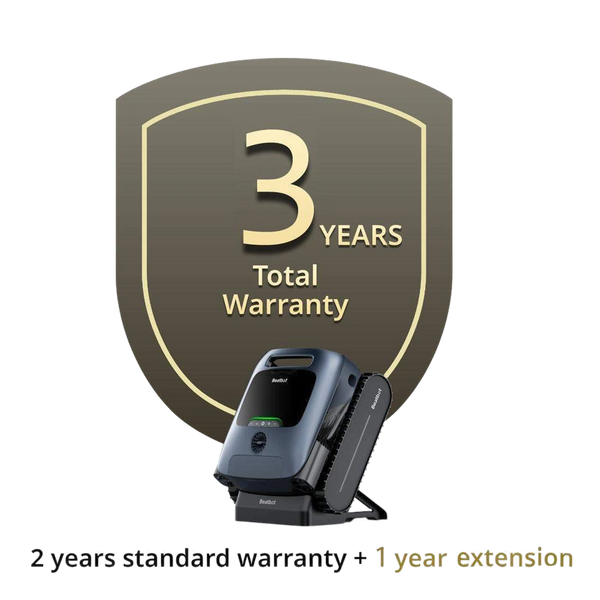What does an acid wash do to a pool?
An acid wash is a process used to remove or reduce the appearance of stains on a pool's plaster surface. While using chemicals to reduce staining is less expensive than replastering, it's important for homeowners to understand the benefits and risks associated with this procedure. This article will explore what an acid wash does to a pool, its advantages, disadvantages, and when it's most suitable for different situations.

Benefits and Risks of Acid Washing
Benefits:
- Reduces Stains and Spots: An acid wash can dramatically reduce stains or remove spots from a pool's surface. It helps in restoring the original look of the plaster.
- Improves Appearance: The process strips off a thin layer of plaster, removing stains left by chlorine, algae, minerals, and dirt, exposing a fresh, clean layer underneath.
- Preventative Maintenance: It can also be used as a preventive measure to keep the plaster looking newer longer.
Risks
- Shortens Plaster Lifespan: While acid washing can effectively remove stains, it can shorten the lifespan of plaster finishes. The chemical commonly used, Muriatic Acid, is dangerous and corrosive.
- Potential Damage: If not done properly, it can damage the quartz or pebble aggregate finishes. Therefore, it should be performed by professionals who know the correct amount based upon pool size and intensity of staining.
When to Use an Acid Wash
There are several scenarios where an acid wash may be beneficial:

- Minor Discoloration: Acid washes are ideal for minor discolorations caused by leaves falling into the pool. They help in removing these types of stains efficiently.
- Algae Issues: If you have experienced repeated algae blooms or any significant algae problems, an acid wash can remove algae spores before applying new plaster. However, it should be noted that this is a last resort and you should try other methods to get rid of algae first.
- Stagnation: If your pool has been stagnant for a while, allowing algae and dirt to set in, only an acid wash will bring it back to life. Proper winterization is crucial to avoid such stagnation.
- Repair Work: In some cases, you might only need to acid wash a specific area if you're doing some plaster repair. This helps remove algae before applying new plaster.
- General Wear and Tear: Sometimes, discoloration or fading due to years of exposure to chemicals and sunlight can benefit from an acid wash.
How Often Should You Acid Wash Your Pool?
While an acid wash will only remove a thin layer of plaster, it’s not something you want to do every year. Doing so would quickly deplete your plaster coating. Generally, every five years or so is sufficient, barring any serious algae bloom problems.
Safety Precautions During an Acid Wash
Working with acid requires careful precautions to avoid injuries:
- Wear Appropriate Clothing: Long pants, long-sleeved shirts, and closed-toe shoes are essential. Chemical-resistant boots are recommended for footwear.
- Safety Goggles and Mask: Always wear safety goggles and mask when working with acid to protect your eyes and respiratory system. Rinse and dry them before storing them away after use.
- Avoid Splashes: Pour the acid slowly and gently to prevent splashes. Keep the acid container tightly sealed when not in use and out of reach of children or pets.
- Dilute Acid in Water: Never add water to acid; always add acid to water to prevent boilovers and potential accidents. Use equal parts of Acid Magic (or muriatic acid) to water for dilution.
- Keep Kids and Pets Away: Ensure they are kept away during the process to prevent accidental inhalation of fumes.
- Read Manufacturers' Instructions: Follow all instructions provided by the manufacturers for maximum safety.
The Acid Washing Process
Before starting, ensure you have everything ready: submersible pump, drainage hose, two garden hoses, spray nozzle, algae brush, long handle acid brush, watering can with long spout and attachment, water test kit, Acid Magic Muriatic Acid Replacement, soda ash for neutralization, safety goggles, acid safety mask, acid-resistant gloves, long pants, long-sleeved shirt, acid-resistant boots, and a friend or family member to assist you. Here's the step-by-step process:
- Drain and clean the pool by scrubbing surfaces with an algae brush and wetting down with a hose before drying out completely.
- Replace hydrostatic pressure relief valves removed during draining.
- Dilute the acid in a watering can using equal parts of Acid Magic (or muriatic acid) to water for dilution. Lesser acid usage is better as it will be gentler on the plaster.
- Prepare garden hoses for use by connecting one end to a spigot without attaching a spray nozzle and running water continuously. Connect the other end to another spigot with attached spray nozzle running water continuously.
- Begin the acid wash process in the deep end bowl around the drain area working in sections. Pour the acid mixture onto the surface in circular patterns while following behind with the brush for scrubbing. Let sit for about 30 seconds depending on how dirty it is. Rinse with the spray nozzle and add soda ash to neutralize the acid in the collected wastewater. Continue this process around the pool walls working in sections until finished in the deep end.
- Test the pH level of the collection pool using a water test kit before disposing of the wastewater to ensure it's close to neutral pH levels adding more soda ash if necessary. Pump out the wastewater using a submersible pump setting up in the collection pool followed by rinsing with clean water before refilling your pool safely.
- Refill the pool after ensuring deep end bowl is clean and free of any wastewater or acid residue.
Conclusion
In conclusion, an acid wash can effectively restore your pool's appearance by removing stains and improving its overall condition significantly. However, proper precautions must be taken during the process to ensure safety for both yourself and those around you. Hiring professional help if you feel uncomfortable with any part of the process is always recommended for optimal results and peace of mind regarding your pool's maintenance.
Relative Blogs
About the author



















